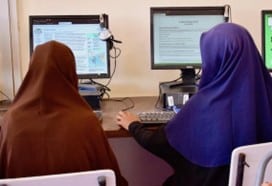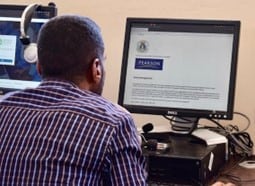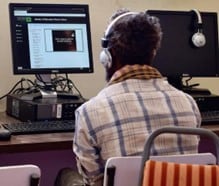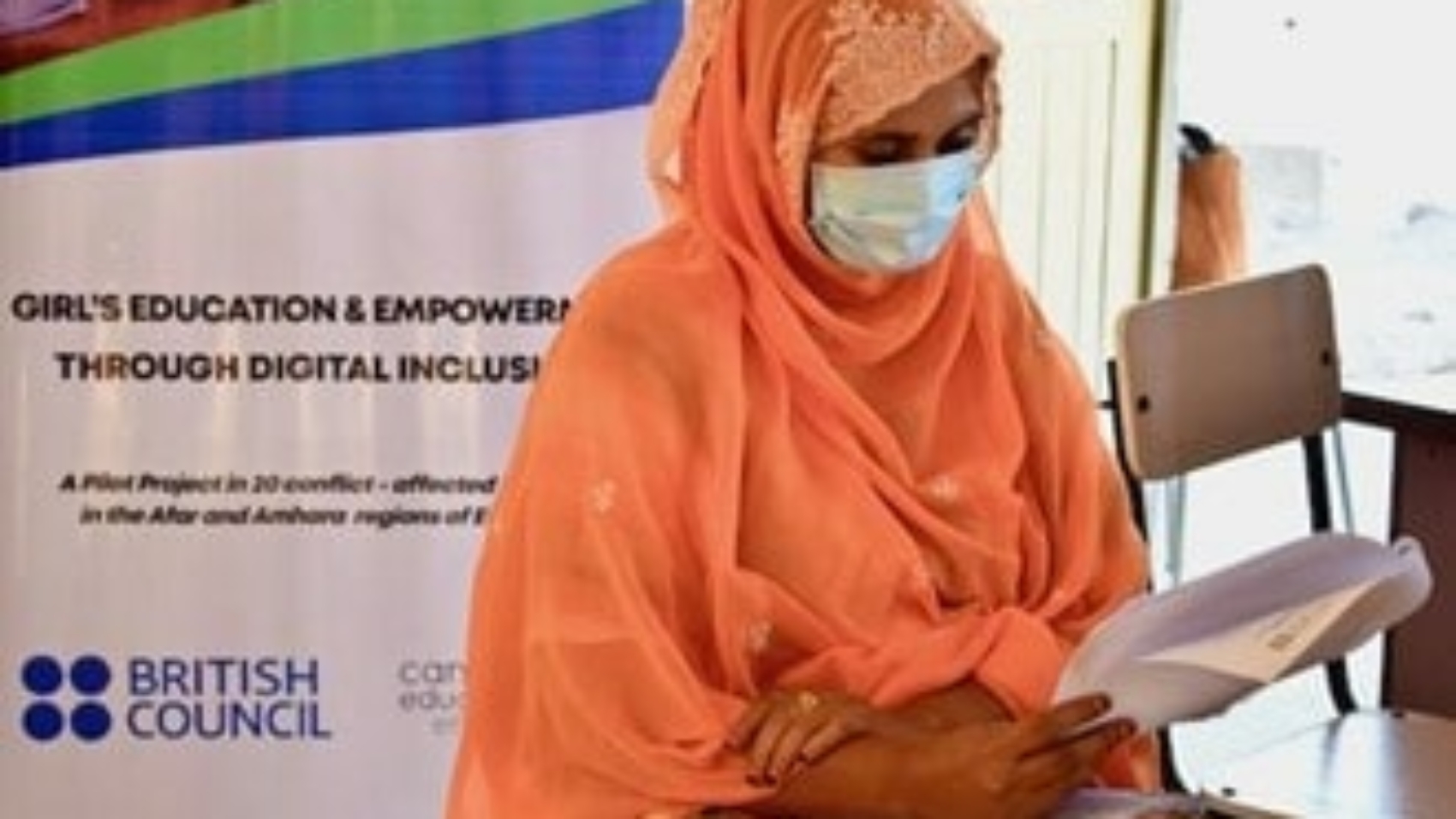Camara Education Ethiopia in partnership with British Council Ethiopia
Camara Education Ethiopia has been collaborating with the British Council in Ethiopia on a project involving six secondary schools in the Afar region and fourteen in Amhara. Both areas are in northern Ethiopia and were impacted by the recent conflict there.
In each school the project set up a fully functioning e-Learning centre designed specifically for the school’s individual climate and context. Computers were funded by the Ethiopian Ministry of Education, while Camara Education supplied the hardware, networking and technical support, ensuring that equipment was protected from power surges, heat and dust. The schools provided the rooms, furniture and their own dedication, committing to maintain the labs in the long term.
To support the use of the centres, the British Council and Camara Education provided initial and follow-up hardware support and software training. Each computer is loaded with educational resources and programmes working both on- and off-line. As well as British Council materials, these include resources from the Ministry of Education and Camara Education Ethiopia.
Empowering Girls
The centres aim to build skills and confidence specifically for female students. Gender and girls club members will be prioritised for using the labs and take on the responsibility to teach their peers. Two students per club will lead the training, which will cascade across all the students and staff at the school. This prioritisation aims to improve achievement levels for girls and gender club members, giving them status in the school and society and raising their ability, capacity and motivation to learn.
In Afar, training for teachers, club leaders, directors and education officers took place in the new e-Learning centre at Semera Girls’ Boarding School. The school is situated on the edge of Semera city, almost 600km northeast of Addis Ababa. The e-Learning centre is a clean, well-organized room at the heart of the school, now lined with desktop computers, with fans to cool them in Afar’s hot climate.
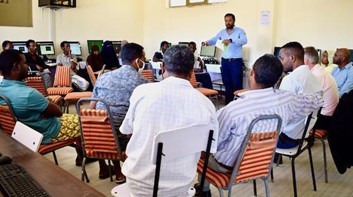
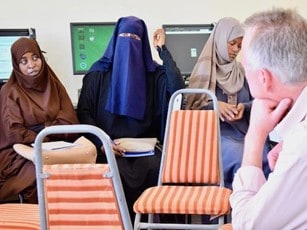
Putting Training into Action
Alem Tsehai, who works in another school in the project, explained the need for these e-Learning centres, “There are lots of challenges in my school”, she said, “there are only a few books and resources. This is a big opportunity to use this training and resources to improve my students’ learning outcomes. We used to have no computers in my school. Now Camara and the Ministry of Education have supplied more than 40”.
Another participant at the training talked about how labs can motivate teachers’ support for female students, “After this training I will have more resources for girls’ education and I will focus on girls’ education”.
Implementing Change
The training considered how to ensure this initiative is accepted and promoted across communities. Engaging the community will increase the impact on girls’ education.
As one of the teachers put it: “We need to work with religious leaders. We need to encourage them to send their girls to school. Once in school we need to support girls to engage more with school and with technology.”
Once back at their schools the teachers’ work must be two-fold, as one participant explained, “I will cascade this training for other teachers when I return to my school and focus on girls’ education”. Another recognised the project aims as sitting firmly within their own hopes for education: “If I was made the Minister of Education I would raise teachers’ professional competency. I would implement policies and improve learning outcomes.”
